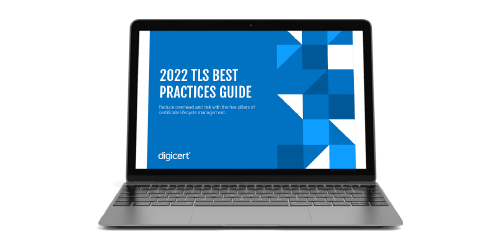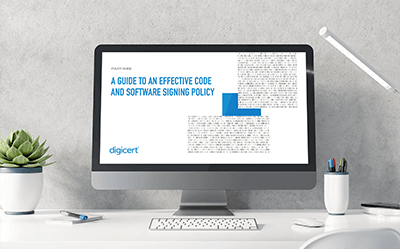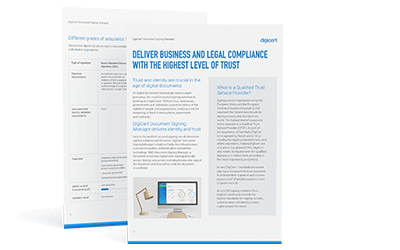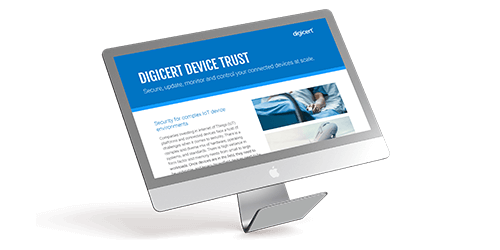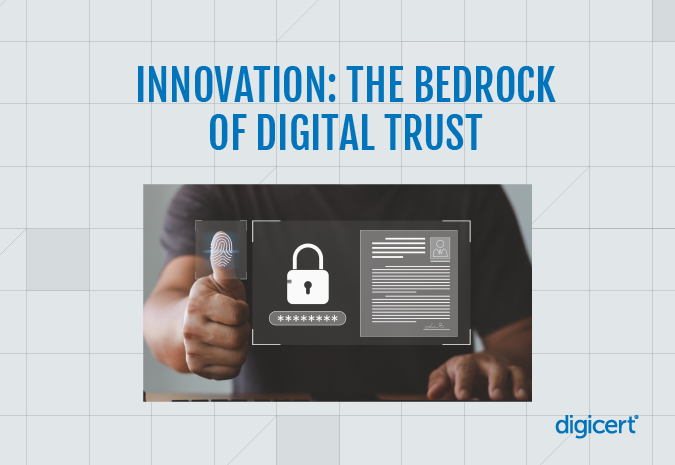Proactively Preventing Data Breaches

Data breaches are on the rise and this shouldn’t come as a shock to anyone. Health insurance companies and medical devices are valuable targets as are corporate accounts that expose financial information.
Company leaders are worried about breaches. According to a survey a couple years ago, 91% of decision makers are concerned about customers’ perceptions of an organization’s ability to protect data. Surely this number has grown over the past few years with big-name enterprises dealing with notable hacks.
A data breach is something that all companies need to think about and actively prepare for. And in addition to thinking about it, these companies need to utilize the right tools and strategies to prevent them from the start.
Employee Education
One of the keys of preventing data breaches is educating employees about proper safety practices in and outside of the office. According to a Ponemon Institute study, human error is one of the leading causes of security breaches.
Locking personal computers when you step away, enabling two-factor authentication on all accounts, and using strong passwords are just some of the practices that companies should implement and require from employees. Providing other education about how to keep personal (and proprietary) information safe is crucial. The National Cyber Security Alliance is a great source of information for executives dedicated to risk management.
Stay Informed about Security Trends
In today’s fast-paced world, new security threats pop up all the time. Part of proactively preventing breaches includes staying up-to-date on these trends and ensuring the organization is prepared to fend off DDoS attacks, malware, phishing scams, etc. The more an organization knows about potential dangerous scenarios, the better prepared they can be for a potential attack.
Protect Information Appropriately
Protecting customer information and data effectively is perhaps the most important part of preventing a data breach. After all, this is the information that hackers are trying to expose. Data, especially sensitive information, needs to be protected at rest and during transmission. SSL Certificates are the key to encryption information during online communication. Data stored in hard drives or at data centers should be encrypted and have high security clearances.
The cost of data breaches is rising and the average cost for a company is $3.8 million. If you work in an industry that collects user information or has highly valuable financial information, your organization could be a target for an attack. Every company should implement security practices that allow your team to actively prevent damaging breaches. It only takes one breach for a company to lose millions of dollars and ultimately, customer trust. In today’s economy, no one wants to take that risk.


